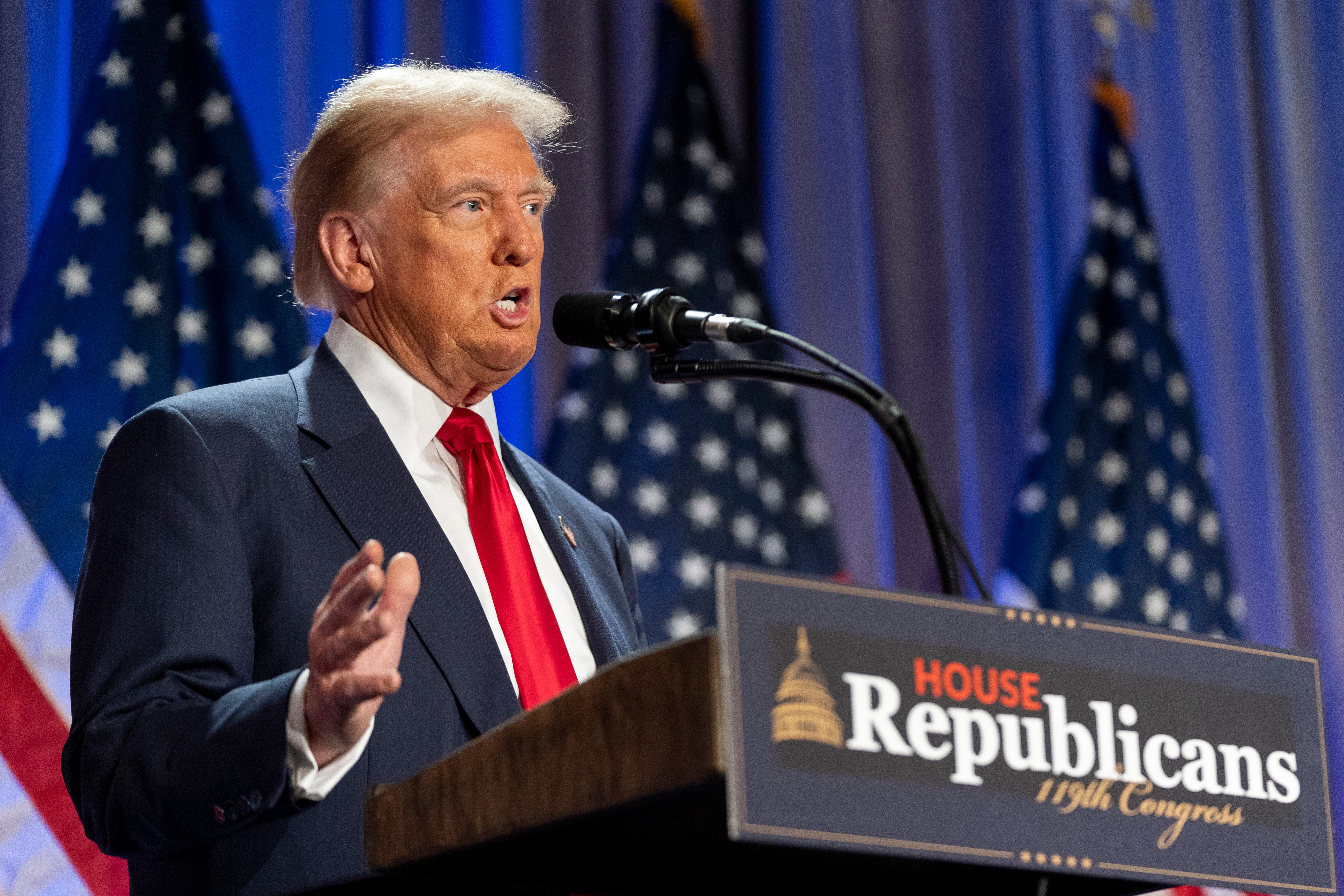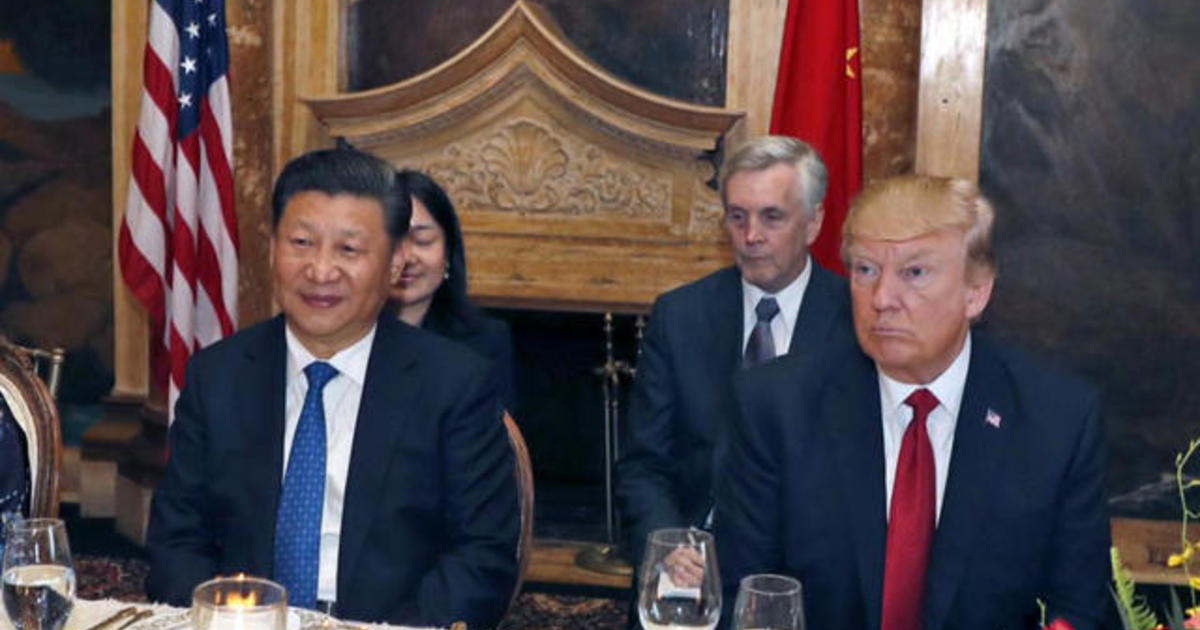The allure of traveling to the United States has captivated the hearts of many, but recent geopolitical tensions and retaliatory tariffs imposed against policies from the Trump era have ignited ethical discussions about whether visiting the country is truly the right choice. Should you proceed with planning that trip to the U.S.? A philosophy professor examines the ethical implications of retaliating against Trump-era tariffs, offering insights that could reshape your perspective on travel decisions.
In an era where global politics influence personal choices, both travel enthusiasts and economic analysts are scrutinizing the ramifications of visiting the United States in the context of ongoing trade disputes and retaliatory tariffs. Deciding to travel is no longer merely a matter of personal preference; it demands a deeper comprehension of the ethical dimensions intertwined with global politics.
Through this article, we will delve into the ethical aspects of planning a trip to the U.S., particularly against the backdrop of tariffs and countermeasures. By exploring arguments from all angles and considering expert opinions, you can reach an informed decision on whether traveling to the U.S. aligns with your principles.
Read also:How To Watch Lakers Vs Denver Nuggets A Comprehensive Guide
Table of Contents
- Introduction
- Perspective from a Philosophy Professor
- Effects of Trump-Era Tariffs
- The Ethical Dilemma
- Economic Ramifications on Both Sides
- Tourism's Role in Geopolitical Retaliation
- Individual Accountability in Global Matters
- Trade Relation Data and Statistics
- Possible Consequences of Travel Boycotts
- Conclusion
Introduction
For many around the world, traveling to the United States has been a lifelong dream. However, recent geopolitical events have introduced new layers of complexity into the decision-making process. The imposition of retaliatory tariffs against Trump-era policies has sparked ethical inquiries about whether visiting the U.S. supports or challenges these economic actions.
This article aims to unravel the intricate relationship between geopolitics, ethics, and personal choices. By analyzing the viewpoints presented by a philosophy professor, we hope to offer a balanced perspective on whether booking a trip to the U.S. resonates with ethical ideals.
Ultimately, the choice to travel is deeply personal, yet it is crucial to weigh the broader implications of such decisions. This exploration will scrutinize the ethical nuances of retaliatory tariffs and their influence on global relationships.
Perspective from a Philosophy Professor
A distinguished philosophy professor has contributed to the ethical discourse surrounding travel to the U.S. amidst retaliatory tariffs. Dr. Emily Carter, a professor of ethics and global studies at a renowned university, advocates for a sophisticated understanding of the geopolitical environment when making the decision to visit the U.S.
Dr. Carter underscores that ethical decisions are rarely black and white. "While supporting retaliatory measures may appear to be a patriotic position, it's vital to acknowledge the interconnectedness of global economies," she articulates. "Traveling to the U.S. does not equate to endorsing Trump-era policies; rather, it can encourage cultural exchange and foster mutual understanding."
Key Ethical Principles
Dr. Carter delineates several ethical principles worth pondering:
Read also:The Detroit Pistons A Journey Through Basketball Passion And Legacy
- Global Solidarity: Acknowledging the shared duty of nations to tackle economic inequalities.
- Cultural Diplomacy: Recognizing the role of travel in facilitating cross-cultural communication.
- Economic Impact: Assessing the potential outcomes of travel decisions on local communities.
Effects of Trump-Era Tariffs
The tariffs enacted during the Trump administration have had far-reaching consequences on international trade relations. These measures, designed to shield domestic industries, have incited retaliatory actions from numerous countries, including Canada, the European Union, and China.
For example, the EU responded by placing tariffs on American goods such as bourbon, motorcycles, and denim. These counteractions have created a ripple effect in global markets, impacting industries and consumers globally.
Economic Ripple Effects
The ramifications of tariffs extend beyond immediate trade relations. Notable areas affected include:
- Supply Chains: Disruptions in global supply chains have elevated costs for businesses and consumers.
- Employment: Industries reliant on international trade have experienced job losses due to diminished demand.
- Consumer Prices: Tariffs often result in higher prices for imported goods, thereby affecting purchasing power.
The Ethical Dilemma
The ethical discourse surrounding retaliatory tariffs is multifaceted. On one hand, supporting retaliatory measures can be perceived as a way to hold nations accountable for unfair trade practices. On the other hand, boycotting travel to the U.S. might inadvertently harm innocent individuals and communities dependent on tourism.
Dr. Carter contends that ethical considerations should transcend national borders. "It's essential to distinguish between government policies and the people impacted by them," she remarks. "Traveling to the U.S. can contribute positively to local economies while nurturing mutual respect."
Arguments for and Against
Below are the primary arguments from both sides:
- Supporting Retaliation: Advocates argue that withholding travel supports economic pressure on the U.S. to reconsider its policies.
- Opposing Retaliation: Critics assert that travel boycotts disproportionately affect vulnerable populations and might not yield the intended political outcomes.
Economic Ramifications on Both Sides
The economic implications of retaliatory tariffs are substantial for both the U.S. and countries enacting countermeasures. For the U.S., reduced tourism can result in job losses within the hospitality and service sectors. Conversely, countries imposing tariffs might face retaliatory actions that further strain their economies.
According to a report by the World Tourism Organization, international tourism generates approximately $1.7 trillion annually. Any disruption in this sector can have profound implications for global economic stability.
Statistical Insights
Consider the following statistics:
- In 2022, international tourist arrivals reached 900 million, recovering to 63% of pre-pandemic levels.
- The U.S. tourism industry supports over 8 million jobs and significantly contributes to the national GDP.
- Retaliatory tariffs have led to a 15% decrease in travel bookings from certain regions.
Tourism's Role in Geopolitical Retaliation
Tourism plays a pivotal role in molding economic relations between nations. By deciding to either travel or boycott a destination, individuals can influence geopolitical dynamics. However, this influence must be exercised responsibly, considering the wider implications of such choices.
Dr. Carter recommends that travelers can make a positive impact by supporting local businesses and communities. "Instead of avoiding the U.S. altogether, consider directing your spending toward sustainable and ethical tourism practices," she advises.
Responsible Travel Tips
Here are some tips for responsible travel:
- Select eco-friendly accommodations and transportation options.
- Support local artisans and small businesses during your trip.
- Engage with the local culture and community to promote mutual understanding.
Individual Accountability in Global Matters
Individuals bear a responsibility to contribute positively to global issues, including trade disputes and retaliatory tariffs. While governments negotiate trade agreements, citizens can influence outcomes through their choices and actions.
Dr. Carter emphasizes the significance of informed decision-making. "Understanding the context and consequences of your actions empowers you to make ethical choices that align with your values," she states.
Steps to Informed Decision-Making
To make informed decisions, consider the following steps:
- Stay updated on global trade developments and their implications.
- Engage in discussions with experts and peers to broaden your perspective.
- Reflect on your values and how they align with your travel choices.
Trade Relation Data and Statistics
Data from reliable sources underscores the importance of trade relations in shaping global economies. According to the International Monetary Fund, trade tensions can reduce global GDP by up to 0.8% annually.
A study published in the Journal of Economic Perspectives reveals that retaliatory tariffs have caused a 5% decline in trade volumes between affected nations. These figures highlight the potential long-term consequences of trade disputes on economic growth and stability.
Key Statistics
Here are some key statistics to consider:
- Global trade accounts for approximately 28% of world GDP.
- Retaliatory tariffs have impacted over 20% of global trade in certain sectors.
- Consumer confidence has dropped by 10% in regions affected by trade disputes.
Possible Consequences of Travel Boycotts
Boycotting travel to the U.S. as a form of retaliation may have unforeseen consequences. While it communicates disapproval, it can also harm local economies and communities reliant on tourism. Furthermore, it might curtail opportunities for cultural exchange and mutual understanding.
Dr. Carter cautions against adopting simplistic solutions to complex issues. "Boycotts can be potent tools, but they must be applied carefully to avoid causing harm to innocent parties," she warns.
Evaluating the Impact
When evaluating the impact of travel boycotts, consider the following:
- Short-term versus long-term effects on economic stability.
- Alternatives to boycotts that promote constructive dialogue.
- Ways to support affected communities without compromising ethical principles.
Conclusion
In summary, the decision to book a trip to the U.S. amidst retaliatory tariffs necessitates careful reflection on ethical, economic, and cultural factors. By examining the arguments put forth by experts like Dr. Emily Carter, travelers can make informed decisions that align with their values and contribute positively to global relations.
We encourage you to share your thoughts and experiences in the comments section below. Engaging in meaningful discussions can foster a more ethical and sustainable approach to travel. Additionally, explore other articles on our site to deepen your understanding of global issues and their impact on personal choices.


